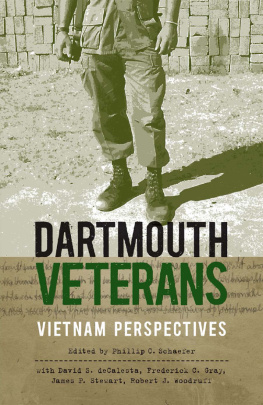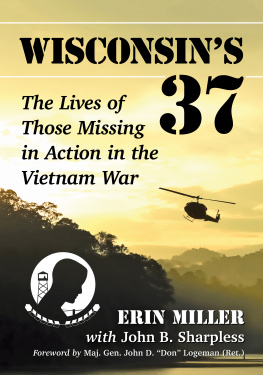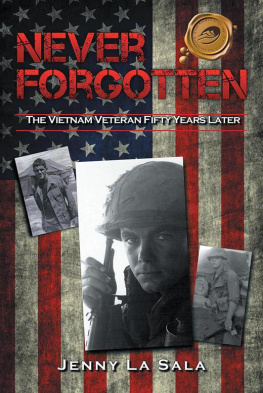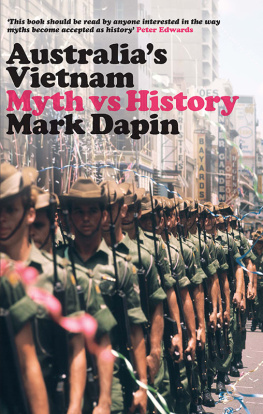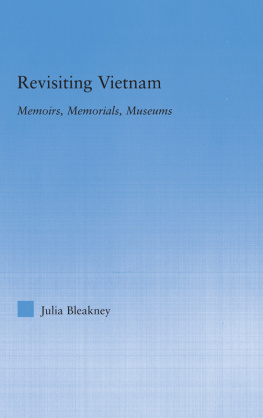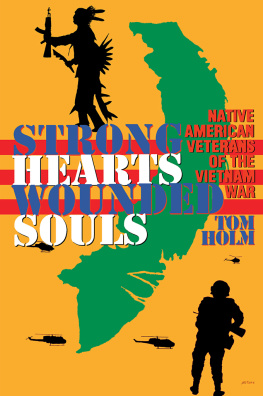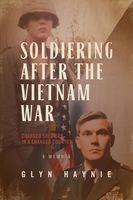Thank you for buying this ebook, published by NYU Press.
Sign up for our e-newsletters to receive information about forthcoming books, special discounts, and more!
Sign Up!
About NYU Press
A publisher of original scholarship since its founding in 1916, New York University Press Produces more than 100 new books each year, with a backlist of 3,000 titles in print. Working across the humanities and social sciences, NYU Press has award-winning lists in sociology, law, cultural and American studies, religion, American history, anthropology, politics, criminology, media and communication, literary studies, and psychology.
FAILING OUR VETERANS
NEW YORK UNIVERSITY PRESS
New York and London
www.nyupress.org
2014 by New York University
All rights reserved
References to Internet websites (URLs) were accurate at the time of writing. Neither the author nor New York University Press is responsible for URLs that may have expired or changed since the manuscript was prepared.
ISBN: 978-0-8147-2487-3
For Library of Congress Cataloging-in-Publication data, please contact the Library of Congress.
New York University Press books are printed on acid-free paper, and their binding materials are chosen for strength and durability. We strive to use environmentally responsible suppliers and materials to the greatest extent possible in publishing our books.
Manufactured in the United States of America
10 9 8 7 6 5 4 3 2 1
Also available as an ebook
ACKNOWLEDGMENTS
I could never hope to express anything more than a fraction of the gratitude that is owed to the people who have helped me complete this project. It is humbling to reflect back on the wonderful support I have received from friends, family, and colleagues since its inception. I am forever indebted to several individuals for having a life-changing impact on my intellectual development. Mark Jefferies was the first teacher to encourage me to take my education seriously. Without his enthusiasm in the classroom and encouragement of my writing, I cannot help but think that my life would have taken a very different course. At the University of Wales, Swansea, Phil Mellings American Studies courses challenged me in ways that made me keen to pursue a life of the mind. I was deeply saddened to hear of his passing, but his legacy surely lives on through the generations of students he inspired. Andy Wiests terrific Vietnam War class at the University of Southern Mississippi first sparked my interest in that conflict, and his superlative books continue to shape my understanding of the war. Kurt Piehler has provided incalculable help, advice, and friendship over the years. Kurt helped me conceive of this project, and his knowledge, willingness to read chapters quickly, and insightful comments improved greatly the quality of the final manuscript. Moreover, Kurts eagerness in helping me find conference and publishing opportunities has been enormously beneficial to my professional development. I could not have asked any more from a mentor, and I am proud to be among a growing number of scholars who are heavily indebted to his selfless support.
There are too many to name individually, but the driving force behind the book has been the veterans who, whether through formal interviews or in casual conversations, have always been generous with their time. I cannot thank them enough for sharing their experiences. Talking to them even decades after the guns have fallen silent makes one realize instantly that their wars never end. In adding to the discourse on the veteran experience, I hope that on some level this book makes the reader reflect not only on what war does to the men and women we send off to fight in our name but also on what obligations we owe them for doing so.
Archival workers continue to provide the shoulders on which so many scholars stand. I am particularly grateful for the research assistance provided by the staff at the following locations: the Lyndon B. Johnson Presidential Library in Austin, Texas; the Gerald R. Ford Presidential Library in Ann Arbor, Michigan; the Carl Albert Congressional Research Center in Norman, Oklahoma; the Cushing Memorial Library and Archives at Texas A&M University in College Station; the Dolph Briscoe Center for American History at the University of Texas in Austin; the Richard Nixon Presidential Library in Yorba Linda, California; the University of Tennessee Center for the Study of War and Society in Knoxville; and the Wisconsin Veterans Museum and the Wisconsin Historical Society in Madison. The Lyndon Johnson and Gerald Ford Libraries both provided valuable funding for research trips, as did the Carl Albert Center. I have also been fortunate to receive generous support from the University of Tennessee History Department, the University of Alabama History Department, the University of WisconsinWhitewater College of Letters and Sciences, and the administration at Westminster College, Fulton, Missouri.
Along the way, I have been privileged to have spent time with some extraordinary friends and colleagues. At the University of Tennessee, Mike Taylor, Julie Sass, Heinrich Staruk, Ben Shannon, Catie McDonald, and all of the colorful crew down in the grad student offices made getting a PhD far more fun than it had any right to be. After putting up with me for two years at the University of Tennessee Center for the Study of War and Society, Cynthia Tinker has probably earned a break from me, but shes not going to get it. I left the University of Alabama with many fond memories, but more importantly with the lasting friendships of John Beeler, Merrily Harris, Court Carney, Charity Rakestraw-Carney, Rob Riser, Andrew Huebner, and Lisa Dorr, among many others. I will forever be grateful to Rich Megraw for making me his copilot on board the Liberty Belle B-17 and for his many great nights of hospitality. Rebecca Shrum was a fantastic colleague at the University of WhitewaterWisconsin, helping me negotiate both the tenure process and the seasonal brews at Dexters. Rod Wilson, Emma Kuby, Brian Bockelman, Amber Moulton, Jim Jaffe, Tony Gulig, and James Levy were among the many who helped me survive the Madison winters. Others who have shared advice, support, and the encouragement needed to help keep this ship afloat include Lucy McCobb, Lisa Davis, Kristan Stoddart, Steve Ortiz, and Sam Goodfellow.
I could not have asked for a better publishing experience than the one provided by NYU Press. NYU has a long tradition of publishing outstanding books on veterans issues, so I was thrilled when Debbie Gershenowitz accepted my work into the fold. Debbies early advice and encouragement for the project was instrumental in my making the final push for publication. Clara Platter has been just terrific in continuing Debbies work and in pushing the project on to greater heights and her advice and patience have been invaluable. Constance Grady has been extremely helpful in providing swift responses to my many queries and in keeping me on track, while Alexia Traganas has worked wonders in helping me refine the final product. I would also like to thank Emily Wright for her excellent copyediting.


